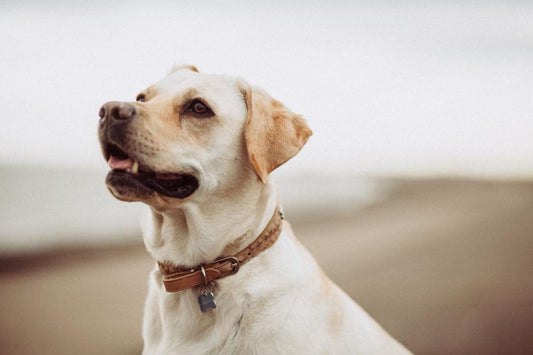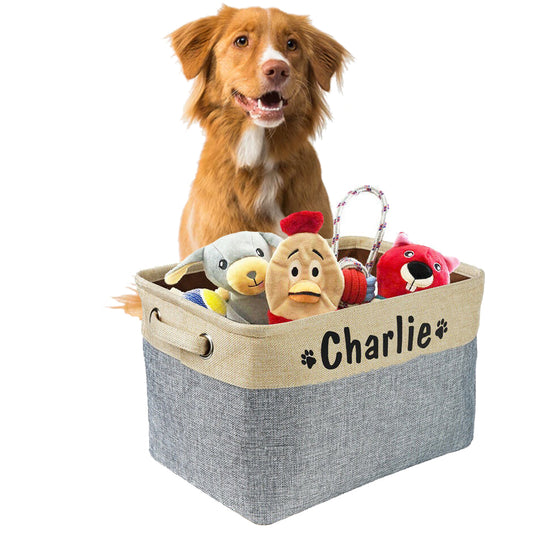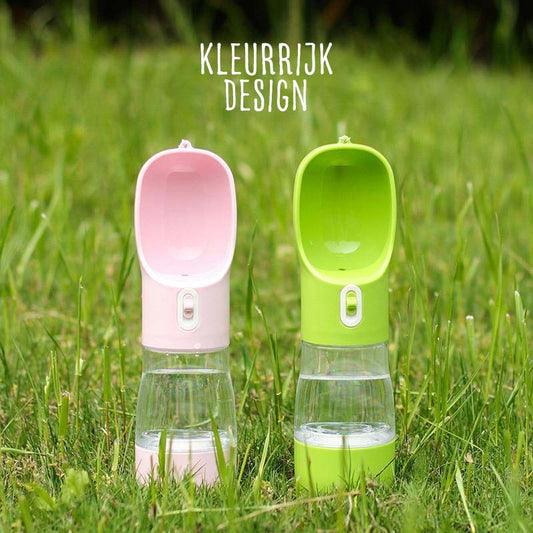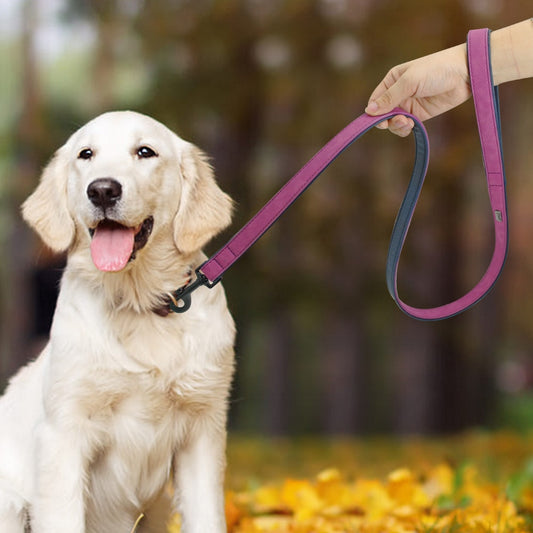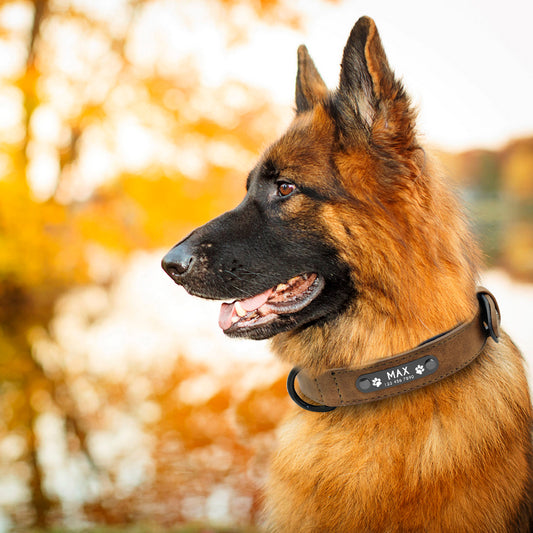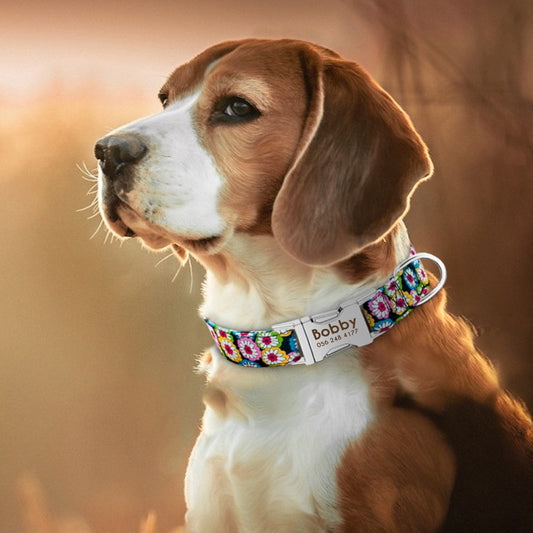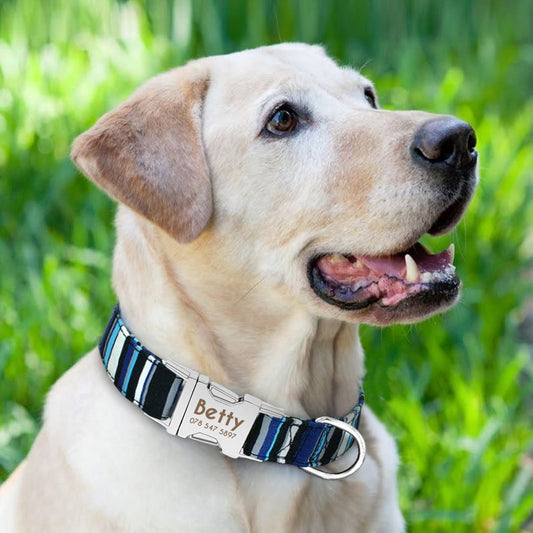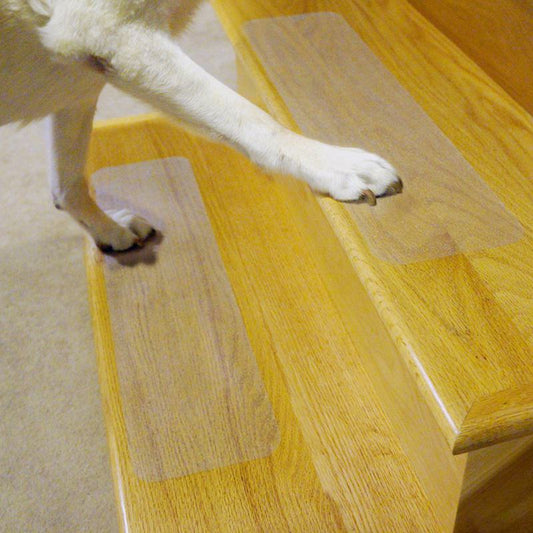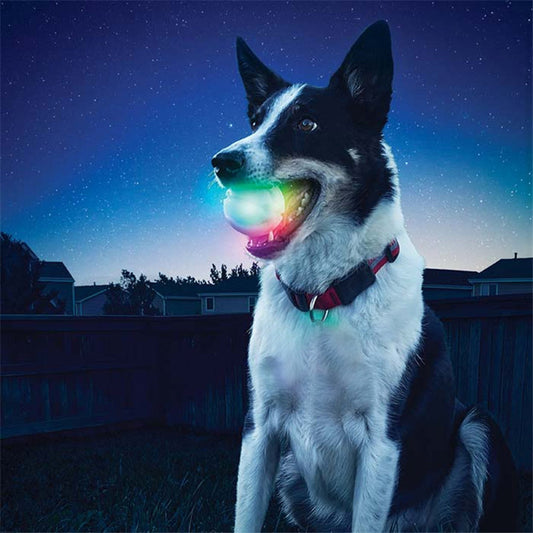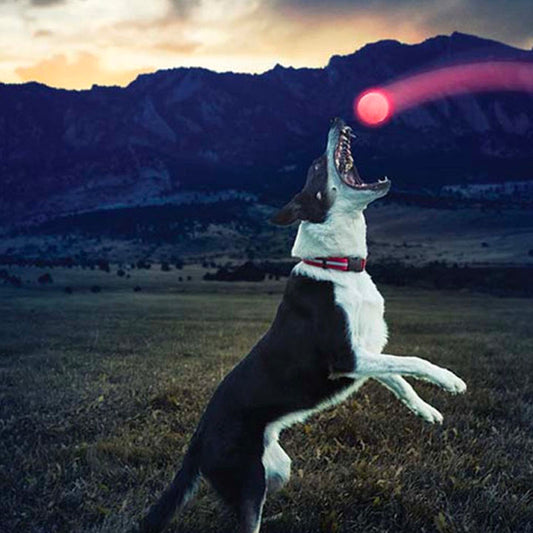
How do I choose the best food for my dog?
Anny ShahShare this blog post
When you have a dog at home, you naturally want to give it the best food. But the range of dog food available is enormous. Many dog owners therefore rightly wonder which food is best for their four-legged friend. One thing is certain, a healthy dog is a happy dog! Together with you, we will use a number of tips to help you find the perfect diet for your four-legged friend.
Nutrition is extremely important for dogs
When you look at a happy four-legged friend, a smile will probably spontaneously appear on your face. Know that a healthy four-legged friend results in a happy four-legged friend, and this has a lot to do with the food the dog receives. When a dog receives the right ingredients on a daily basis, he can develop optimally. It is therefore important to choose high-quality food that has been developed according to the nutritional needs of a dog.
This does not necessarily mean that you should go for expensive food, because not every dog food that is expensive results in optimal results. Good nutrition has a good and healthy balance of proteins, vitamins, fats and minerals. In addition, the food is tailored to the needs of your four-legged friend, which differs enormously depending on the breed and phase of life your dog is in.

Dog food depending on life stage
If you have a puppy at home, adjust the diet to food specially developed for puppies, because they still have to grow (a lot). A puppy has a higher need for energy and nutrients for development. How long your puppy needs special puppy food depends from breed to breed. You can discuss this with your vet or keep an eye on the normal healthy weight. Once your four-legged friend has reached about 90% of normal health, you can make the switch to adult food .
Once your puppy reaches the adult stage, your dog will have different nutritional needs. Often food that distributes energy throughout the day. When your dog is pregnant or lactating, other nutrients such as extra proteins are needed. And a senior dog needs nutrients that provide more support to the more fragile bones and joints.
It is therefore extremely important that your four-legged friend receives the right nutrition at every stage of life, otherwise it could be detrimental to the development or physical phase they are in.
Dog food depending on the breed
It is important to find out about the breed of dog you have at home. The fact is that different dog breeds have different nutritional needs. For example, some breeds naturally tend to quickly store fat from their food, while other breeds use the energy directly. The right diet can help with this and prevent many problems. Not sure about the needs of your dog or breed? Be sure to consult your veterinarian or check the description of the dog food carefully to choose the best food for your four-legged friend.
There are many different foods for dogs, including dog food specially developed for small dogs , but also medium and large dog breeds. In addition, not every dog can tolerate all foods, special vegetarian or grain-free dog foods have also been developed for this purpose.

Dry food or wet food?
Just like with cats, there is also a wide range of wet food in addition to dry food for dogs. However, with dogs it is easier to alternate between the two, as they are less picky about food. Veterinarians will always advise you to use the same type of dry food as wet food as much as possible, so that you can be assured that your four-legged friend receives the same and necessary nutrients.
Not all food is suitable for dogs
Just like with any pet, there are also types of food that are not or less suitable for dogs, such as the food we eat in the evening, but also seemingly harmless vegetables and fruit.
Every dog owner would like to pamper the most loyal four-legged friend in the house, but there are plenty of reasons to be careful with food. In addition to various types of fruit and vegetables, you should also be careful with snacks and other snacks such as chocolate , which are poisonous to dogs and can cause serious health problems. So think about the health and well-being of your four-legged friend and give them as few or no snacks as possible other than those that have been specially developed for dogs.

Beware of dogs that are (slightly) overweight!
Does your four-legged friend suffer from (slightly) excess weight? Good attention. More and more dogs are a few kilos overweight these days, but owners underestimate how dangerous it is for dogs. Just like with people, being overweight is dangerous, but every extra kilo for a dog counts at least twice as much due to the difference in size between us, humans, and dogs. Is your dog (slightly) overweight? Consider special foods and skip snacks.
Choose your pet food carefully
When purchasing dog food, consider the basic needs of your four-legged friend. What nutrients does he need? Is it an active dog? Still in development? Dog food is an investment in the well-being and development of your four-legged friend, so don't immediately think that the cheapest or most expensive food will be good for your dog. Pet food that is heavily advertised on TV and the internet does not necessarily mean that it is the best of its kind.
Choose the food for your four-legged friend carefully, looking at the ingredients but also the description of the food. Does it perfectly suit your dog's needs? Then this might be a good match! If you have any doubts, we always recommend consulting your veterinarian.



